6 Benefits of Hiring an Electrician for Your Outdoor Lighting Setup
As the sun sets, outdoor lighting transforms your yard into a welcoming extension of your home. While DIY projects may seem tempting, hiring a licensed electrician company offers far greater value. A professional ensures every light is installed safely, operates efficiently, and enhances your home’s aesthetic appeal.
With training, certification, and a solid understanding of electrical codes, an electrician company protects your property from potential hazards. They combine technical precision with design expertise, using advanced lighting technologies to create a cohesive and functional setup that complements your landscape. More importantly, they guarantee compliance with local regulations—something DIY work can easily overlook.
From energy efficiency to long-term reliability, hiring an electrician company is an investment that enhances comfort, safety, and property value. The following sections outline the top reasons why working with a professional pays off.
1. Ensures Safety Compliance
An electrician company makes certain your lighting setup follows all local building and electrical codes. This compliance prevents penalties, minimizes the risk of electrical fires, and safeguards everyone on your property. According to HomeGuide, professional lighting fixture installation typically ranges from $100 to $650—an affordable price for the peace of mind it provides.
Safety-focused electricians from a reputable electrician company use proper wiring, grounding, and weather-resistant materials to prevent power surges and shorts. They know how to handle voltage fluctuations, identify potential risks, and secure fixtures against outdoor elements. By hiring a professional, you’re reducing the chance of accidents caused by poor wiring or overloaded circuits.
Professionals from an electrician company also anticipate issues before they occur. They test connections, seal outdoor junction boxes, and verify circuit load capacity. Every detail—from wire gauge to waterproof casings—is checked for durability and compliance. The result is a safe, well-engineered system that functions flawlessly year-round.
2. Enhances System Reliability
Reliability starts with quality materials and precise installation. An experienced electrician company has access to industry-grade products that last longer and perform better than retail options. They know which fixtures stand up to weather changes and which bulbs resist moisture and corrosion. This expertise results in fewer malfunctions and less maintenance over time.
Professional installation from an electrician company eliminates common DIY pitfalls such as short circuits, flickering lights, or inconsistent brightness. Each connection is tested to guarantee even illumination and efficient power distribution. Properly sealed fittings and conduit protection extend your system’s life, ensuring it remains dependable through heavy rain, snow, or heat.
Most electricians also offer maintenance services to keep systems running smoothly. Periodic inspections from an electrician company can reveal worn wiring, loose fittings, or outdated components before they become problems. With professional oversight, you gain reliability, lower upkeep costs, and consistent lighting performance season after season.
3. Offers Design Expertise
Beyond safety, an electrician company brings design skill that enhances your home’s atmosphere. They understand how light placement shapes mood, visibility, and curb appeal. From garden path illumination to accent lighting for architectural features, their designs combine aesthetics with purpose.
Electricians from a trusted electrician company collaborate with homeowners to develop customized plans. Whether you want soft ambient lighting for outdoor dining or focused beams for security, they tailor every detail to your lifestyle and property layout. Their knowledge of fixture types—such as uplights, downlights, and spotlights—creates balance and cohesion throughout your yard.
They also stay current with lighting innovations. An electrician company can integrate motion sensors, dimmers, timers, and smart-home systems that let you control brightness or color remotely. Their understanding of power loads and transformer capacity ensures each feature works seamlessly. This creative and technical synergy produces a polished, energy-conscious, and visually striking outdoor design.
4. Increases Home Value
Professional outdoor lighting from an electrician company dramatically boosts your home’s value and appeal. Thoughtful illumination highlights architectural details, walkways, and landscaping, increasing curb appeal both day and night. Buyers often associate well-planned lighting with quality construction and attention to detail—factors that elevate your property’s worth.
Enhanced security adds further value. Well-lit exteriors installed by an electrician company deter intruders and improve visibility for residents and guests. Motion-activated lights or pathway illumination reduce risks of falls or accidents, improving overall safety. When potential buyers see these systems in place, it signals a well-maintained and modern property.
Energy-efficient lighting also contributes to higher resale potential. Electricians from a professional electrician company design systems using durable, low-consumption fixtures that appeal to eco-conscious buyers. Smart lighting options that connect with home automation systems increase desirability even more. Ultimately, professional installation can deliver returns far exceeding the initial cost through improved safety, efficiency, and aesthetic sophistication.
5. Provides Energy Efficiency
One of the greatest advantages of hiring an electrician company is their ability to design energy-smart systems. They prioritize LED fixtures, which consume up to 75% less energy than traditional bulbs and can last more than 25,000 hours. This means fewer replacements, lower utility bills, and a smaller environmental footprint.
Professionals from an electrician company also install dimmers, timers, and motion sensors that minimize unnecessary energy use. These technologies automatically adjust brightness or turn lights off when not needed, extending the system’s lifespan while reducing waste. An electrician can even synchronize your lighting with your home automation app for effortless control.
Wiring optimization is another overlooked factor in efficiency. Proper circuit balancing and grounding reduce energy loss, while strategically placed transformers ensure consistent voltage to all fixtures. Some electricians integrate solar-powered lighting for additional sustainability. Combining LED efficiency with renewable energy sources creates an eco-friendly setup that enhances comfort and performance.
6. Guarantees Professional Accountability
Hiring a licensed electrician company comes with the assurance of accountability. Professionals adhere to strict industry regulations and often back their work with warranties that cover labor and materials. This means any post-installation issues are resolved promptly, without extra cost to you. The warranty reflects both their craftsmanship and commitment to client satisfaction.
Transparency is another hallmark of professional service. An electrician company provides clear estimates, explains material costs, and keeps homeowners informed at every stage. They operate under ethical standards that prioritize safety, honesty, and precision. In contrast, DIY or unlicensed work offers no guarantees, potentially costing more to fix later.
Beyond installation, many electricians offer ongoing maintenance contracts. These agreements from an electrician company cover inspections, cleaning, and adjustments to keep your lighting system at peak performance. Knowing that your system is supported by trained professionals provides lasting peace of mind and protects your investment.
Outdoor lighting isn’t just about visibility—it’s about creating ambiance, safety, and value. Hiring a professional electrician company ensures that every aspect of your setup—from wiring to design—meets the highest standards. Their technical expertise prevents hazards, their design skills enhance beauty, and their commitment to energy efficiency reduces long-term costs.
By entrusting your outdoor lighting to an electrician company, you’re choosing safety, reliability, and professional accountability. Your home gains a system that performs flawlessly, looks exceptional, and operates efficiently for years. Whether your goal is to highlight your garden, secure your perimeter, or create a cozy atmosphere for evening gatherings, professional installation is the key to success.
In the end, the benefits of hiring an electrician company extend far beyond illumination—they deliver peace of mind, enduring quality, and the satisfaction of a beautifully lit home. Call Ogilvie Electric, Inc today to learn more about our services.
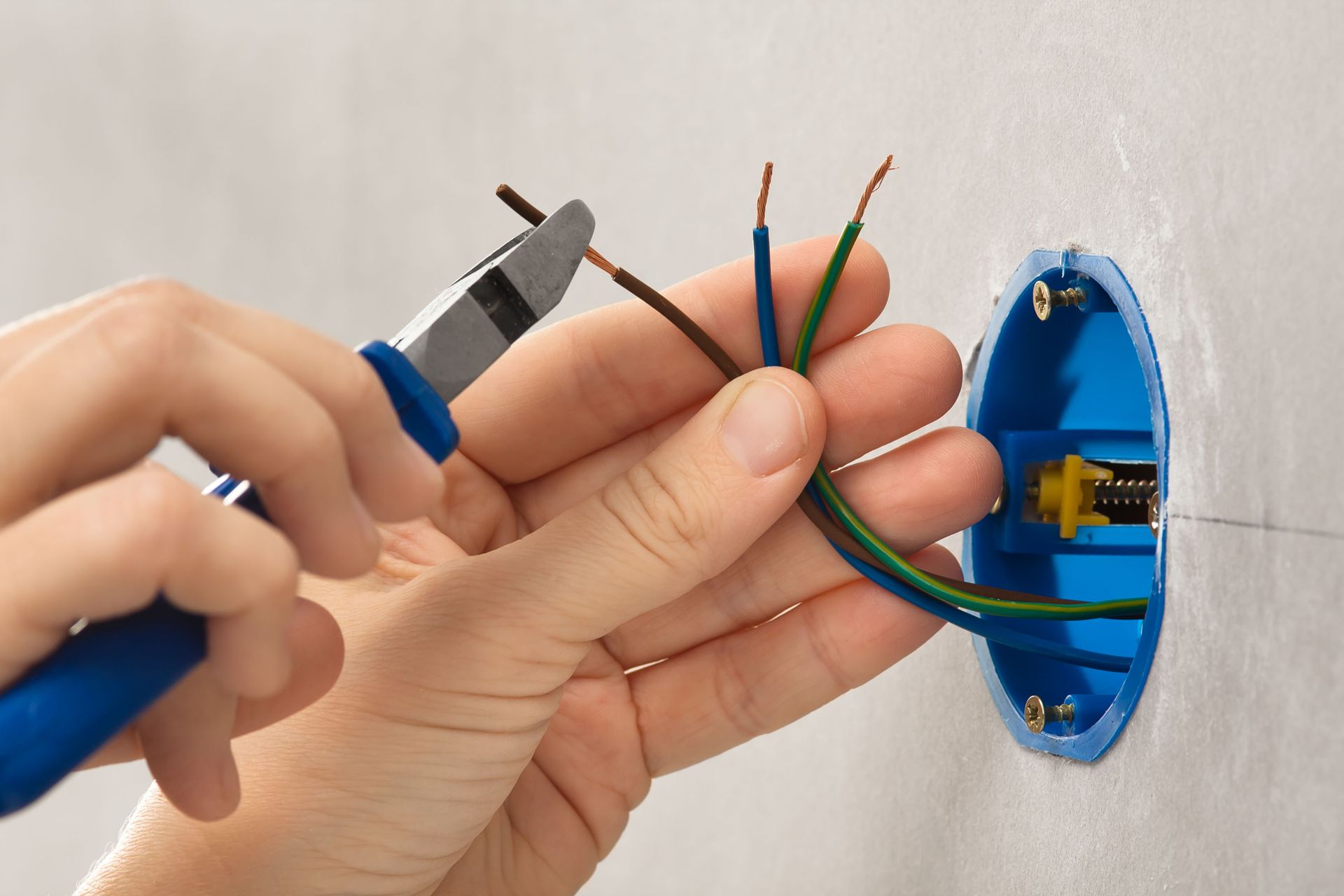
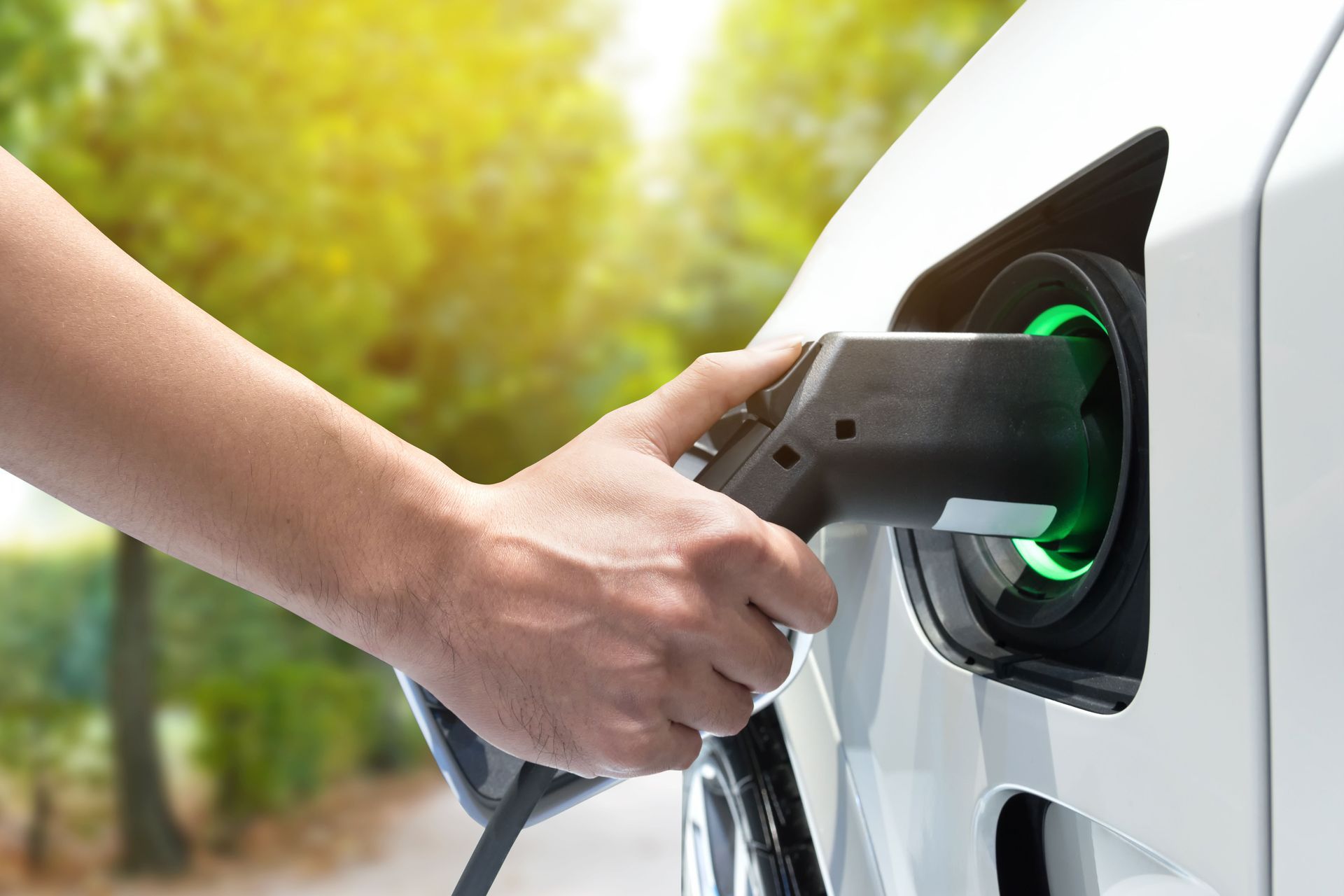
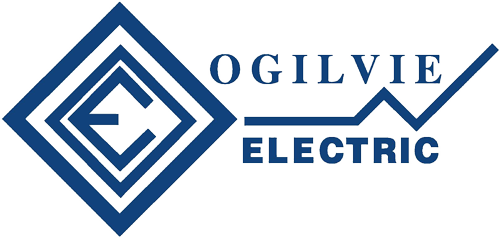
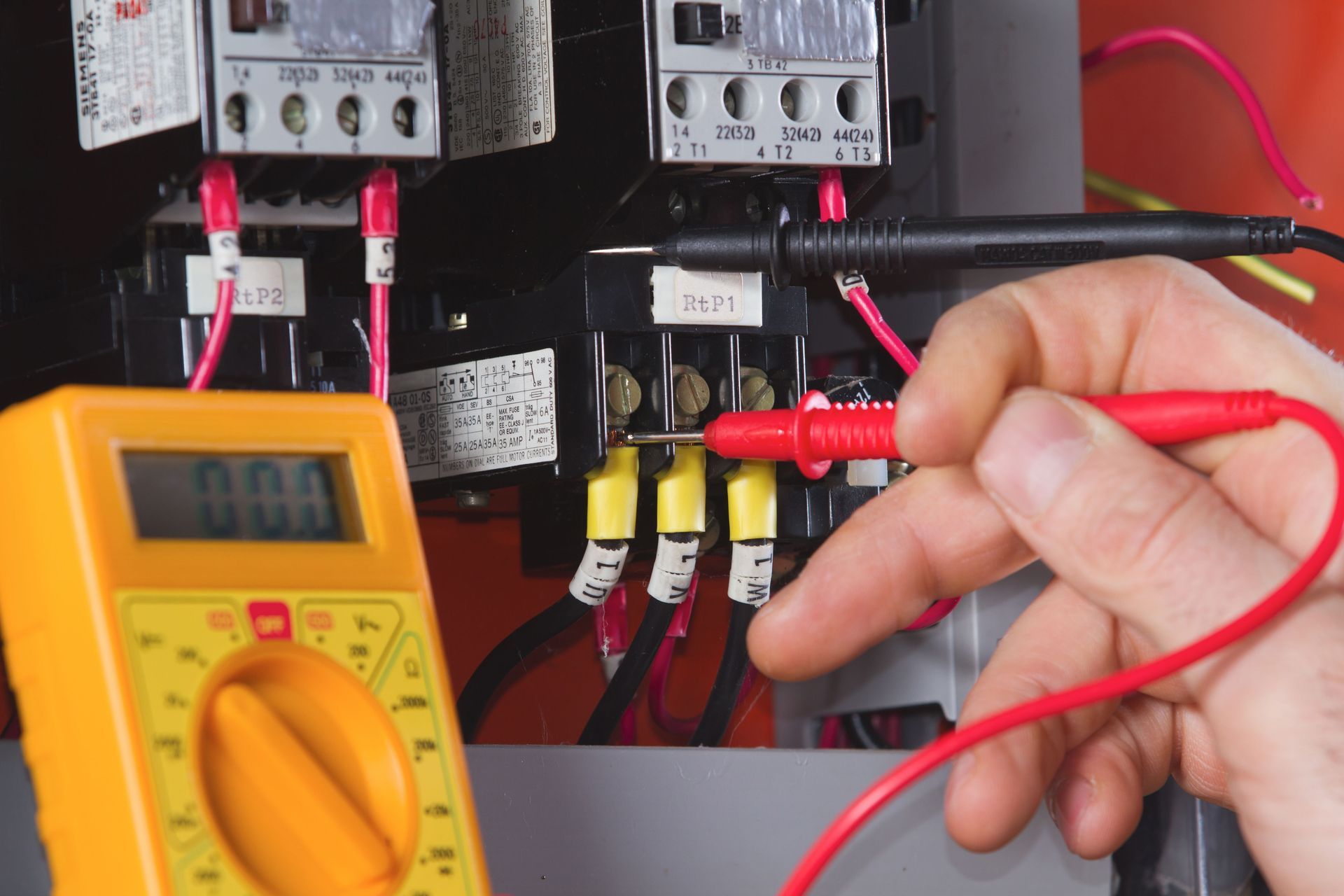
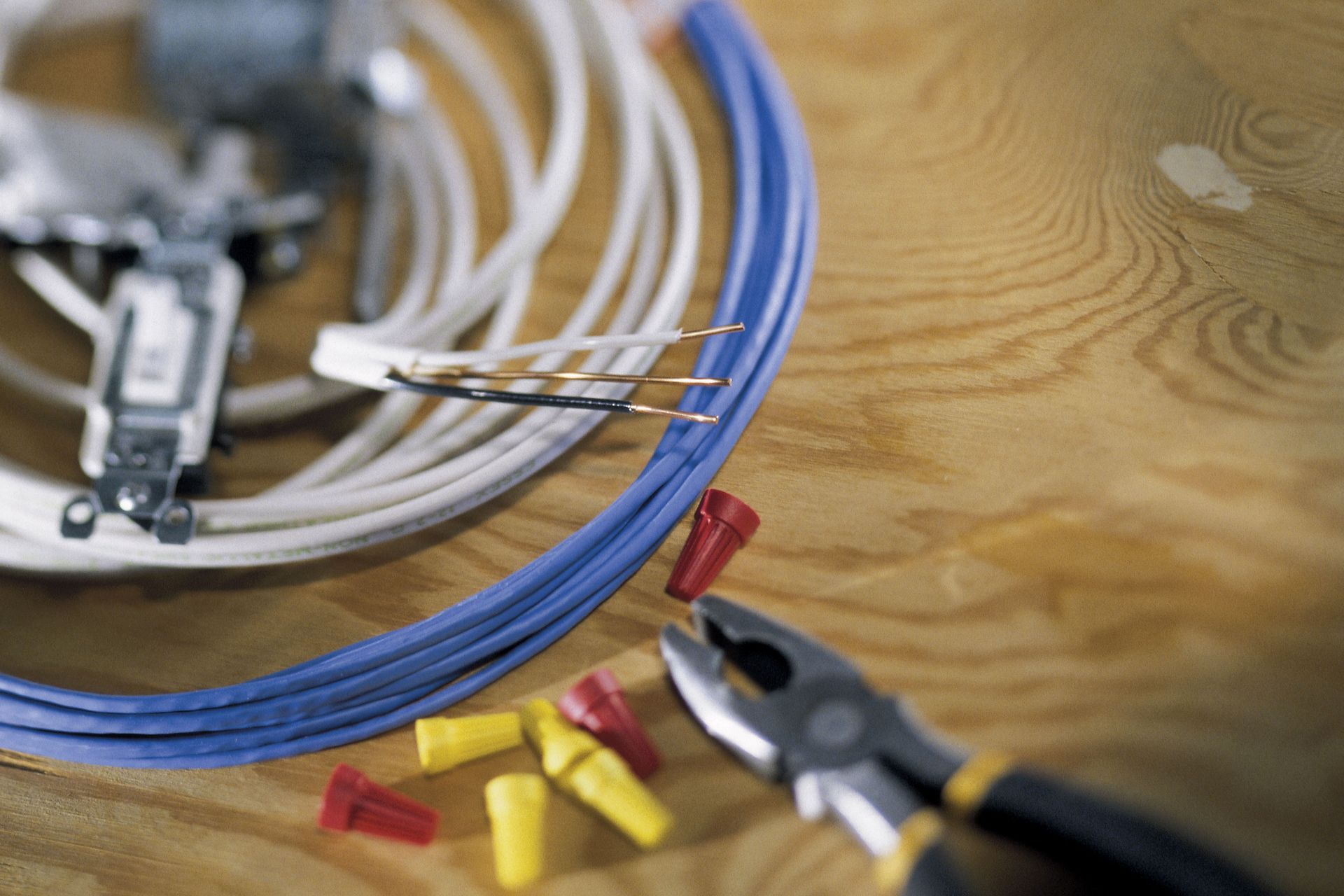
Share On: